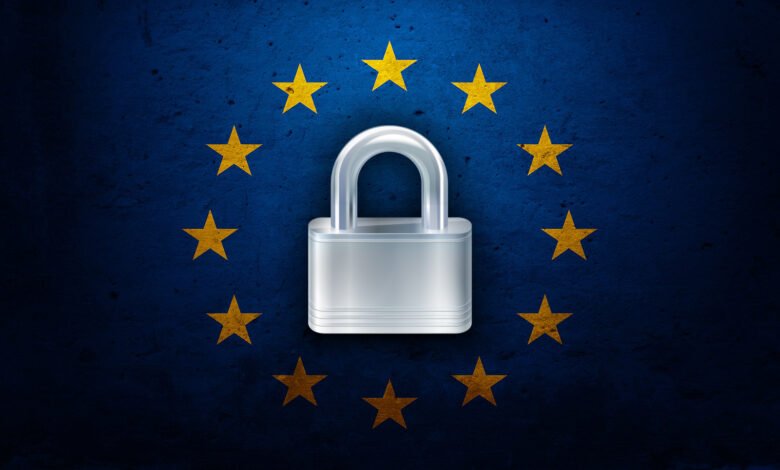How DORA Reshapes Global Business: The EU’s New Reality

▼ Summary
– DORA is the first EU-wide framework for managing ICT risk in the financial sector, aimed at strengthening digital resilience and reducing systemic risk.
– The regulation includes key requirements such as risk management, incident reporting, resilience testing, and third-party risk oversight.
– DORA is reshaping operations for financial institutions and technology providers both in Europe and the U.S.
– It influences board-level governance, contract negotiations with cloud and SaaS providers, and cross-border compliance challenges.
– Global CISOs must act now to align processes, avoid losing business, and prepare for similar emerging regulations worldwide.
The Digital Operational Resilience Act (DORA) represents a landmark regulatory shift for the global financial sector, establishing the first comprehensive framework for ICT risk management across the European Union. Designed to bolster digital defenses and mitigate systemic vulnerabilities, this legislation imposes rigorous new standards on financial institutions and their technology partners, with implications reaching far beyond European borders.
Six months into its implementation, DORA is already reshaping operational priorities and governance structures. Key requirements now mandate robust risk management protocols, timely incident reporting, regular resilience testing, and stringent third-party risk oversight. These provisions compel organizations to reevaluate their entire digital infrastructure, from internal controls to vendor relationships.
At the board level, governance practices are evolving to accommodate heightened accountability. Executive teams must now ensure that digital operational resilience is integrated into strategic decision-making, with clear oversight of ICT-related risks. This shift influences everything from internal audits to resource allocation, emphasizing proactive rather than reactive measures.
Contract negotiations with cloud service providers and SaaS vendors have also entered a new era. Financial entities must now enforce stricter contractual terms around security, availability, and data integrity. Third-party suppliers face increased scrutiny and must demonstrate compliance with DORA’s resilience standards to retain business within the EU market.
For global organizations, particularly those based in the U.S., cross-border compliance presents a significant challenge. The extraterritorial reach of DORA means that any firm servicing EU clients or operating within the region must align its processes with these new rules. Failure to adapt could result in lost revenue, contractual penalties, or exclusion from key markets.
CISOs and security leaders worldwide are taking note. The principles embedded in DORA are already inspiring similar regulatory initiatives in other jurisdictions. Proactive adaptation is not just advisable, it’s becoming a business imperative. Organizations that delay risk falling behind competitors and facing costly catch-up efforts as global standards converge.
Practical steps include conducting gap analyses, updating incident response plans, enhancing testing regimes, and revisiting vendor management strategies. By acting now, security teams can turn regulatory compliance into a competitive advantage, building trust and resilience in an increasingly interconnected digital economy.
(Source: HelpNet Security)